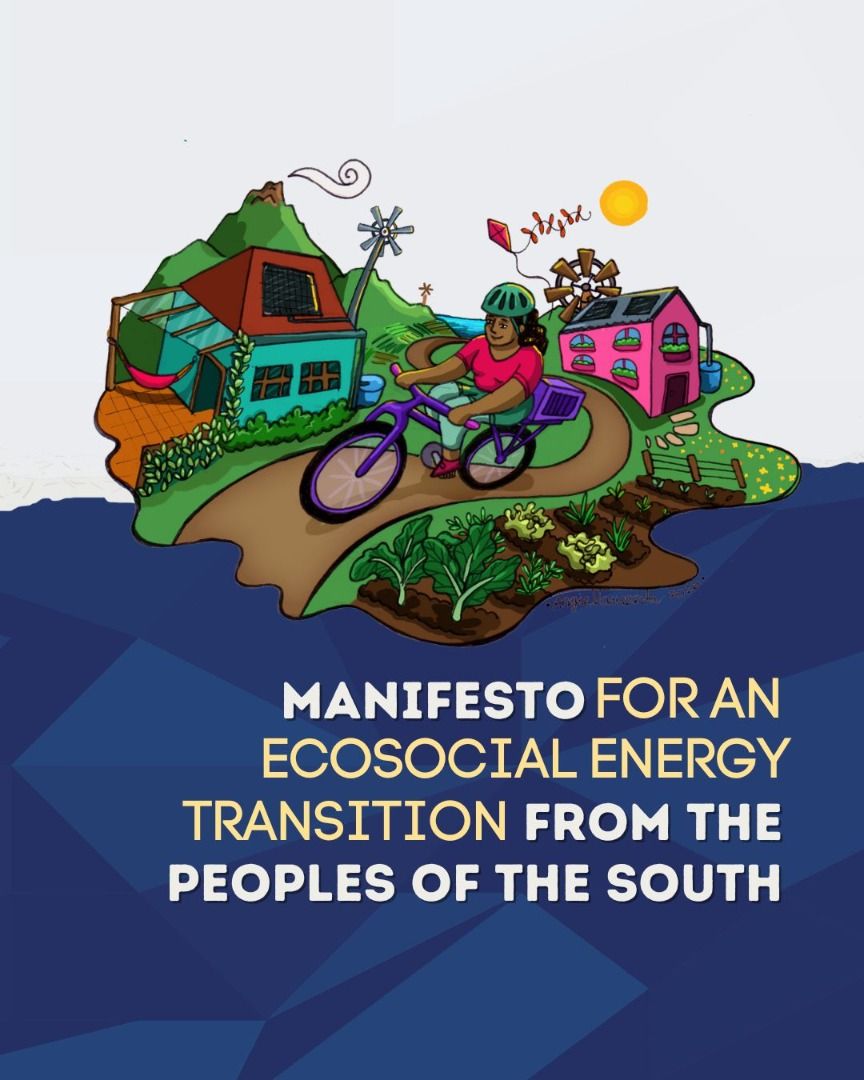Weil heute #WelttagdesBuches ist und ich erst seit kurzem in der Twitterwelt bin: Vor einem Jahr ist das Buch zu #degrowth/#postwachstum von Andrea Vetter und mir erschienen. Tausend Dank für all die Diskussionsveranstaltungen & Rezensionen! In nächsten Tagen poste ich einige 👇 

Einleitung als PDF zum download und Liste einiger Veranstaltungen und Rezensionen sind hier:
konzeptwerk-neue-oekonomie.org/materialien/pu…
konzeptwerk-neue-oekonomie.org/materialien/pu…
The best news: We are currently working on fundamentally rewriting the book for the English-speaking and international context and to take into account current developments around #corona. Together with @a_vansi
Next year with @VersoBooks 🚀🍭🍹
Next year with @VersoBooks 🚀🍭🍹
Lukas Peter meint in der Zeitschrift für Wirtschafts- und Unternehmensethik: Einführungbücher sind sehr schwierig zu schreiben (und ja, ich stimme zu, mache ich auch nicht noch einmal). Und das wir das "gemeistert" haben - danke!
nomos-elibrary.de/10.5771/1439-8…
nomos-elibrary.de/10.5771/1439-8…

Gleich zwei Rezensionen von #degrowth/#postwachstum zur Einführung sind im @oxi_blog erschienen: Von @Schnecken_Post (nur in print) & Initiative Was ist Ökonomie: "Nach dem Lesen bleibt der Eindruck haften: TINA (there is no alternative) hat ausgedient."
oxiblog.de/systemwandel-m…
oxiblog.de/systemwandel-m…
Auch in Linksnet gabs eine Rezension: linksnet.de/rezension/47954
Und die @analysekritik hat das Buch besprochen - Danke Bernd Hüttner
akweb.de/ak_s/ak652/04.…
Und die @analysekritik hat das Buch besprochen - Danke Bernd Hüttner
akweb.de/ak_s/ak652/04.…
Auch @RaulZelik diskutiert das Buch in der @Wochenzeitung
in seinem Beitrag zur Welt jenseits des Wachstums
woz.ch/-a01c
in seinem Beitrag zur Welt jenseits des Wachstums
woz.ch/-a01c
In @oya_zeitschrift meint Ute Scheub, der Versuch sei gelungen, einen Überblick über die breite nationale & internationale Debatte zu geben, wie man fatalen Wachstumszwang stoppen kann, der uns Klimakrise u schreiende Gegensätze zw Arm u Reich beschert hat
oya-online.de/article/read/3…
oya-online.de/article/read/3…
• • •
Missing some Tweet in this thread? You can try to
force a refresh















